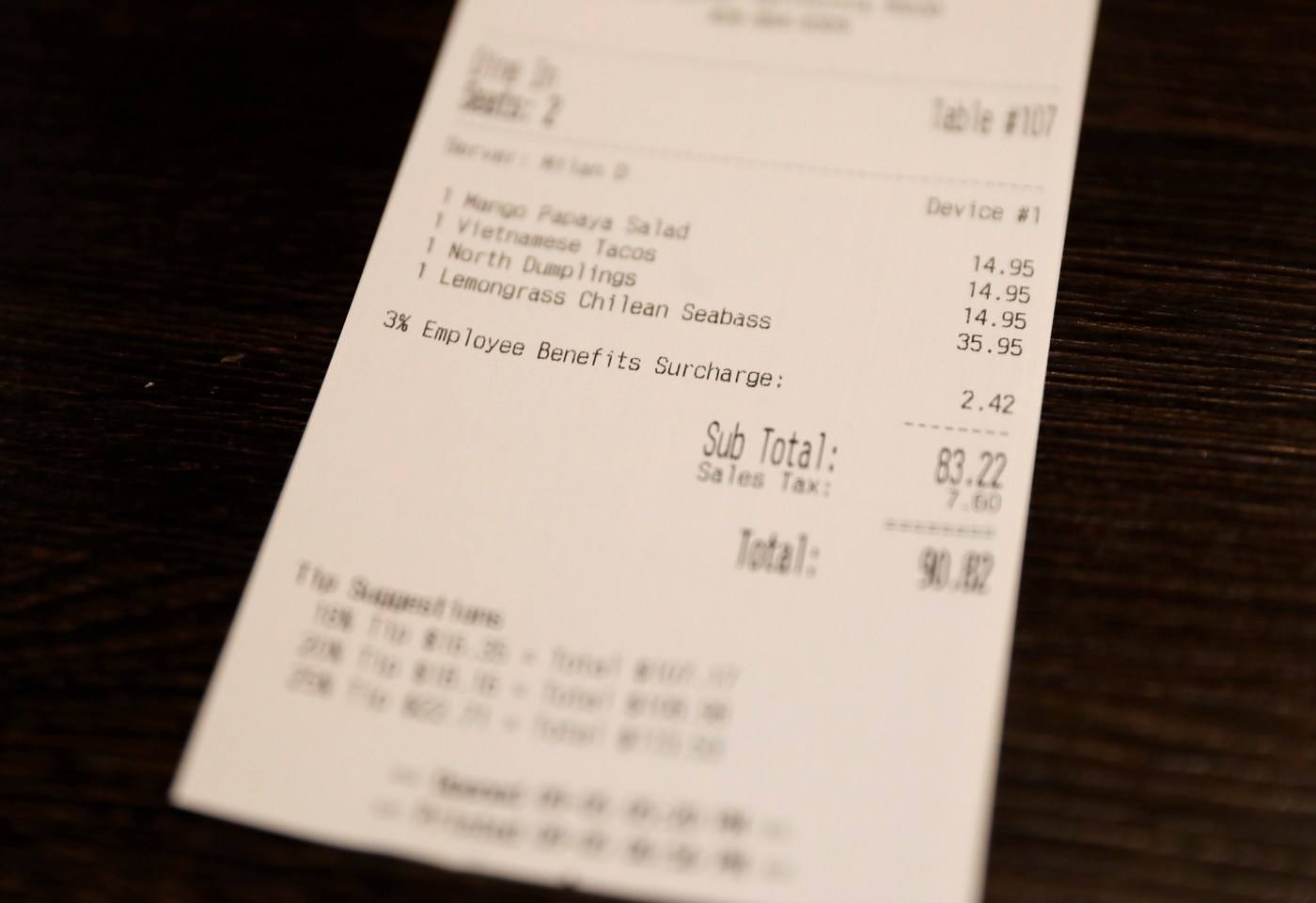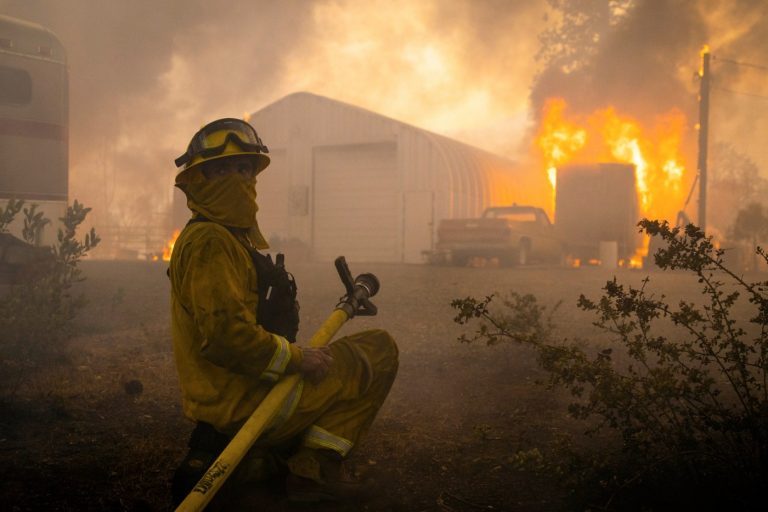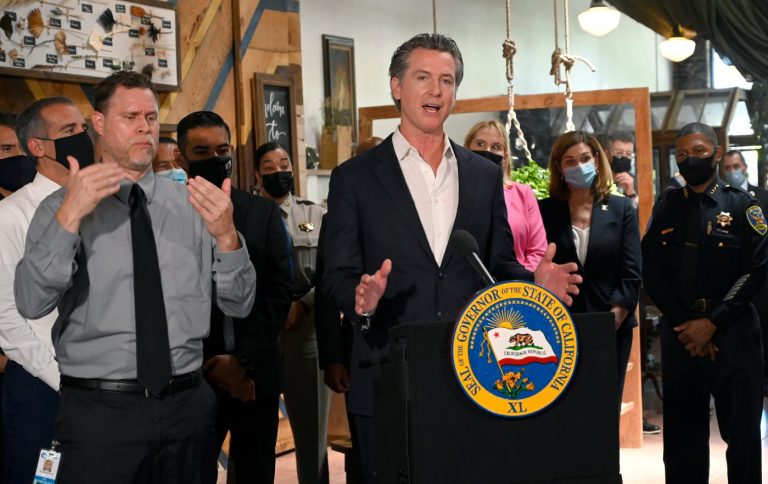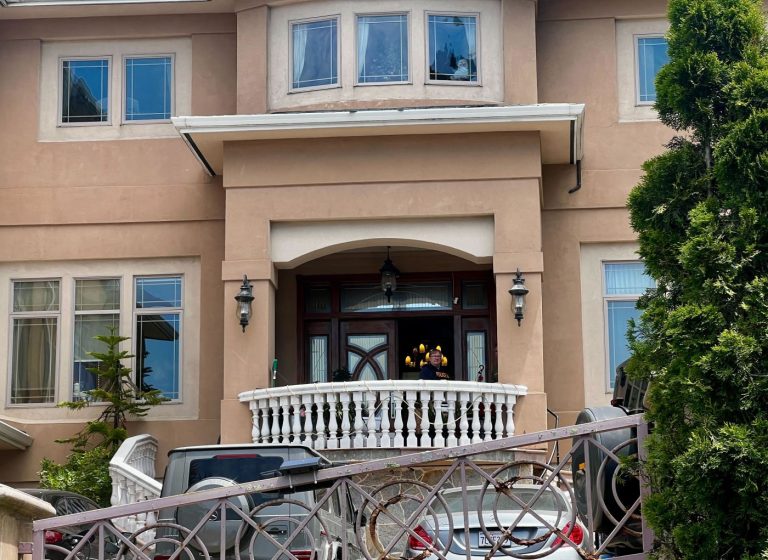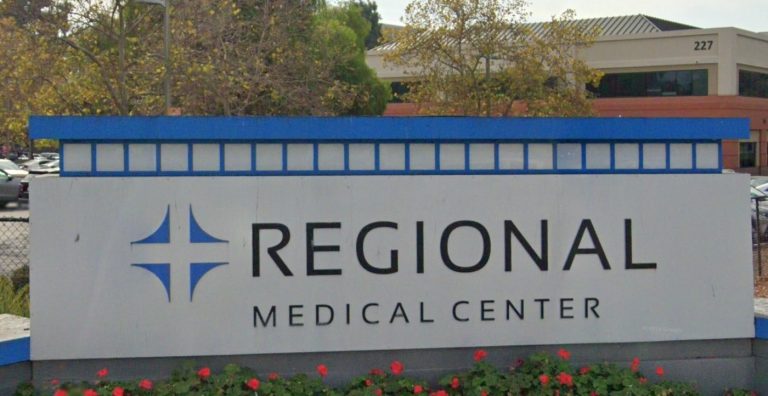Restaurant surcharges will remain legal in California, so long as businesses state those fees “clearly and conspicuously” on menus.
Gov. Gavin Newsom’s office confirmed Saturday that he signed SB 1524, legislation that allows restaurants to continue adding surcharges to diners’ checks — fees that the industry says are crucial to the survival of these businesses.
These fees range from additional tips intended to maintain pay parity between the wait staff and the kitchen staff, to city health mandate fees, to corkage fees for diners who bring their own bottles of wine for dinner.
Without the industry carve-out, an emergency measure introduced by Sen. Bill Dodd (D-Napa) in early June, restaurants, bars and other food service businesses would have been subject to the SB 478 prohibition starting July 1 on so-called “hidden fees.”
The Golden Gate Restaurant Association hailed the approval, noting that surcharges “will make it possible for restaurants to continue to support pay equity and contribute to worker health care.”
Transparency is critical, the GGRA said in its statement Saturday. “Customers should never be surprised by their bill,” the group said.
Restaurateur Helen Nguyen, who owns Pho Ha Noi restaurants in San Jose, Palo Alto, Fremont and Milpitas, was pleased to hear of Saturday’s resolution of the issue.
“I am happy to know that the political figures finally understand the importance of taking action to support the restaurant business,” she said. “The service charge will help business owners maintain a balance in payments between front-of-house workers and back-of-house workers,” she said. “It will also save money for customers ordering takeout.”
In the months leading up to the rollout of SB 478, confusion emerged about how it would be implemented. When details about the new policy were released in May in a California Department of Justice FAQ, it triggered alarms around the restaurant community, because it stipulated that no extra restaurant fees — including mandatory tips for large parties (a widespread industry practice), as well as various surcharges, many of which were clearly shown on restaurant menus — would be permitted. That would leave restaurants to try to recoup that income by rolling those costs into the overall price per item on each menu.
And that, in turn, could trigger even more severe sticker shock among restaurant customers, Bay Area restaurant owner and partner Darren Matte said earlier this month.
“There’s an art and a science to menu pricing,” said Matte, whose restaurants include Los Gatos Parkside, Harvest in Danville and Per Diem in San Francisco. Efforts that restaurants make to, for instance, keep burgers under a ceiling of $20 or entrées under $30, would be in vain if there aren’t other ways to cover the costs of running the restaurant, he said.
